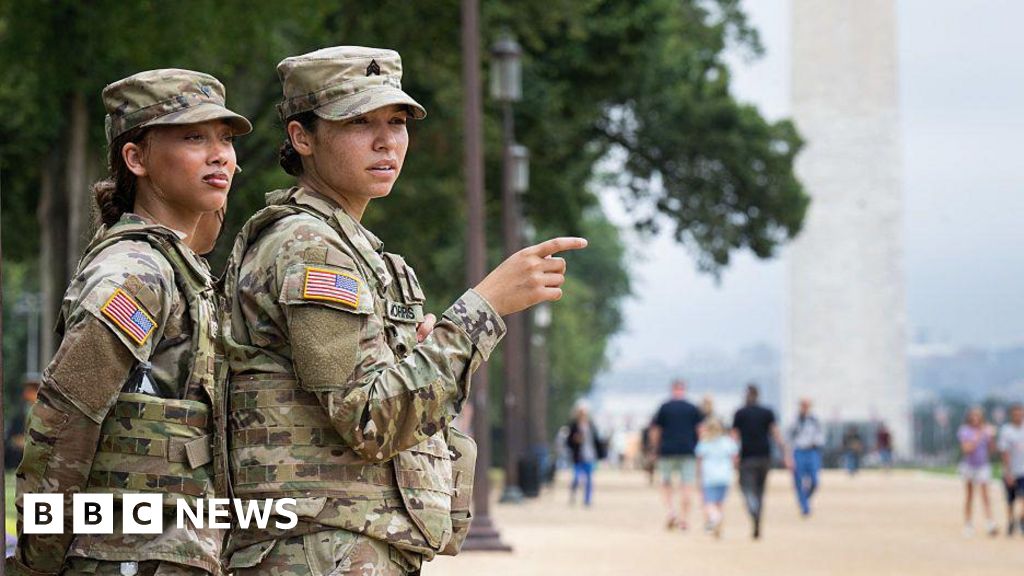In a significant electoral outcome, voters in six states have taken steps to protect or enhance abortion rights, marking a notable shift in reproductive health policy across the nation. While the results signal a growing momentum for pro-choice advocates in various regions, an amendment seeking to restore abortion protections in Florida has failed to garner sufficient support.
During this pivotal election, abortion rights emerged as a critical issue that energized voters across the political spectrum. In Florida, the proposed amendment aimed to allow abortions up until fetal viability, or approximately 24 weeks of pregnancy. However, the measure fell short of the 60% threshold necessary for passage, with preliminary results indicating it received about 57% voter approval.
Conversely, states like Arizona, Nebraska, and New York saw affirmative votes on measures designed to bolster abortion rights. In Arizona, an amendment to protect the right to abortion up to 24 weeks appears successful, allowing a longer window than the currently enforced 15-week limit. Meanwhile, Nebraska's voters are projected to have solidified the state's existing 12-week abortion ban in the state constitution, with some exceptions for rape, incest, or life-threatening situations.
Missouri represents another intriguing case—despite its historically conservative leanings and support for Donald Trump, voters appear poised to endorse a ballot initiative aimed at overturning a near-total abortion ban. This trend highlights a growing trend of electorate divergence within Republican strongholds.
The Florida referendum drew attention not only for its ambitious goals but also for the prominent figures advocating against it. Republican Governor Ron DeSantis actively campaigned against the measure, reflecting a broader party strategy to maintain stringent abortion controls. Former President Donald Trump had initially shown support for the amendment but reversed his stance amid dissent from party members.
As results continue to roll in from other states, the implications of these electoral outcomes are likely to reverberate through the national debate on abortion rights. Voters' choices come after the US Supreme Court's landmark decision to overturn Roe v. Wade, prompting various states to either fortify or restrict access to abortion services.
In Maryland and Colorado, voters successfully approved comprehensive measures, enshrining abortion rights and expanding access, including provisions for government health insurance coverage. Nevada also saw voters establish a constitutional right to abortion, while New York's amendment aims to prevent discrimination based on pregnancy and reproductive health.
Amid these developments, individuals like Betsy Linkhorst, a first-time voter from Florida, expressed dismay at the ballot results, emphasizing the broader consequences for women's rights and bodily autonomy. Conversely, opponents of the Florida amendment, such as Maria McNally, felt reassured by its defeat, citing concerns about late-term abortions.
As the dust settles from this election, the landscape for abortion rights in the United States is evolving, with differing outcomes in various states revealing a complicated narrative shaped by local values, party politics, and the lingering influence of federal judicial decisions.
During this pivotal election, abortion rights emerged as a critical issue that energized voters across the political spectrum. In Florida, the proposed amendment aimed to allow abortions up until fetal viability, or approximately 24 weeks of pregnancy. However, the measure fell short of the 60% threshold necessary for passage, with preliminary results indicating it received about 57% voter approval.
Conversely, states like Arizona, Nebraska, and New York saw affirmative votes on measures designed to bolster abortion rights. In Arizona, an amendment to protect the right to abortion up to 24 weeks appears successful, allowing a longer window than the currently enforced 15-week limit. Meanwhile, Nebraska's voters are projected to have solidified the state's existing 12-week abortion ban in the state constitution, with some exceptions for rape, incest, or life-threatening situations.
Missouri represents another intriguing case—despite its historically conservative leanings and support for Donald Trump, voters appear poised to endorse a ballot initiative aimed at overturning a near-total abortion ban. This trend highlights a growing trend of electorate divergence within Republican strongholds.
The Florida referendum drew attention not only for its ambitious goals but also for the prominent figures advocating against it. Republican Governor Ron DeSantis actively campaigned against the measure, reflecting a broader party strategy to maintain stringent abortion controls. Former President Donald Trump had initially shown support for the amendment but reversed his stance amid dissent from party members.
As results continue to roll in from other states, the implications of these electoral outcomes are likely to reverberate through the national debate on abortion rights. Voters' choices come after the US Supreme Court's landmark decision to overturn Roe v. Wade, prompting various states to either fortify or restrict access to abortion services.
In Maryland and Colorado, voters successfully approved comprehensive measures, enshrining abortion rights and expanding access, including provisions for government health insurance coverage. Nevada also saw voters establish a constitutional right to abortion, while New York's amendment aims to prevent discrimination based on pregnancy and reproductive health.
Amid these developments, individuals like Betsy Linkhorst, a first-time voter from Florida, expressed dismay at the ballot results, emphasizing the broader consequences for women's rights and bodily autonomy. Conversely, opponents of the Florida amendment, such as Maria McNally, felt reassured by its defeat, citing concerns about late-term abortions.
As the dust settles from this election, the landscape for abortion rights in the United States is evolving, with differing outcomes in various states revealing a complicated narrative shaped by local values, party politics, and the lingering influence of federal judicial decisions.





















